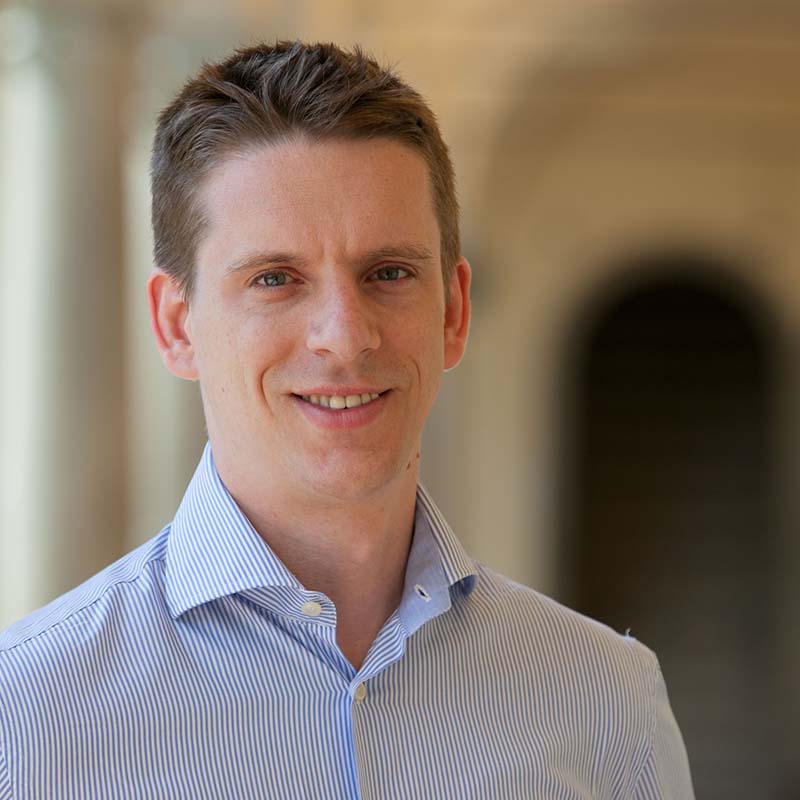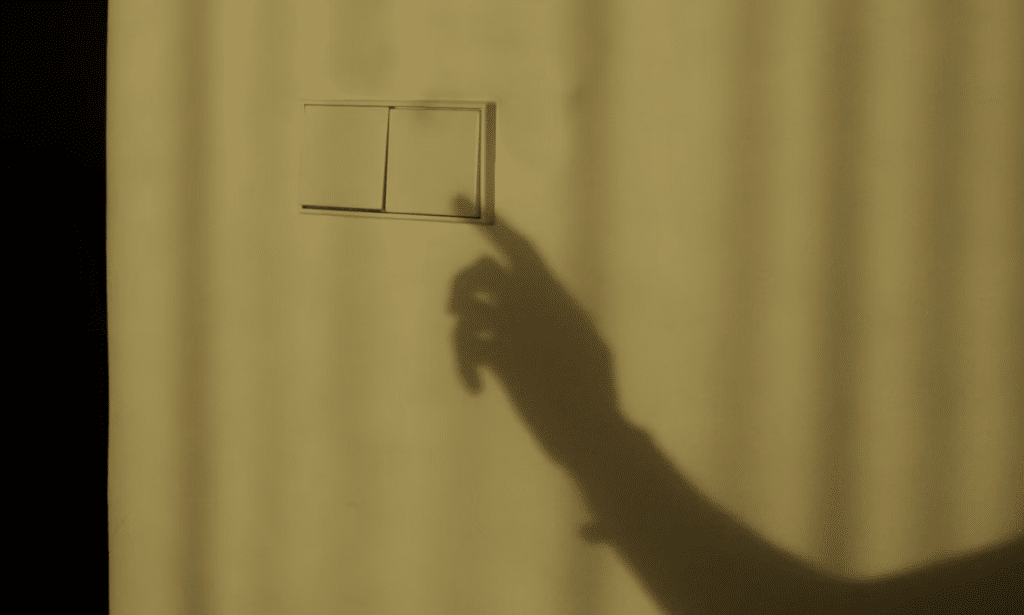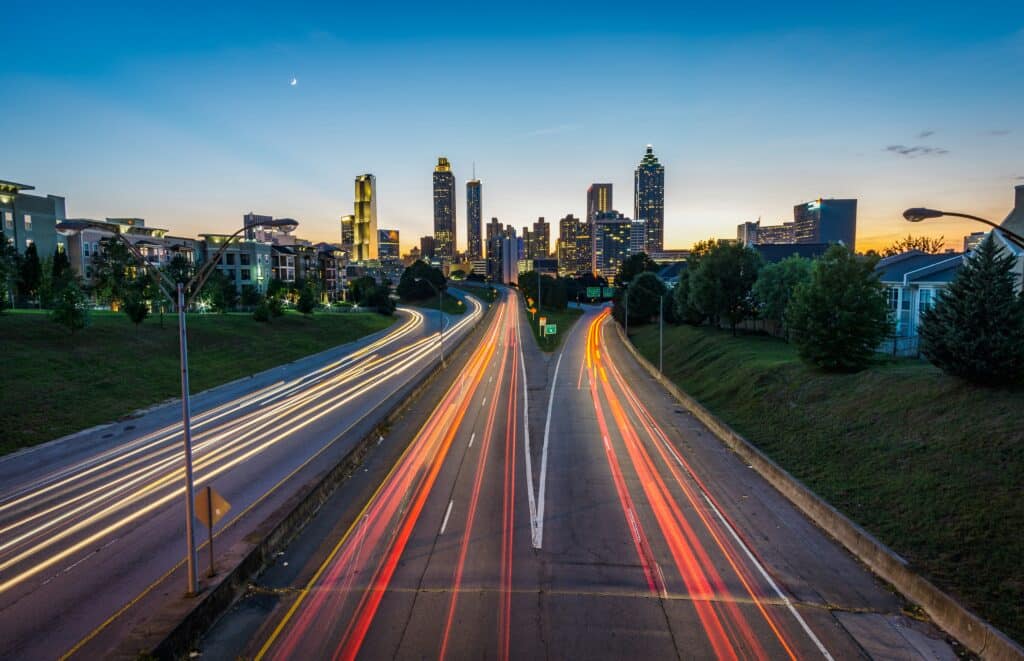Written by Leonardo Meeus
In this topic of the month, the author will give you a teaser of the first three weeks of the FSR online training on EU Clean Energy Package
Future of electricity markets is coming tomorrow
The EU is reforming its electricity markets to live up to its climate targets and Paris commitments.
As stated by Klaus Dieter Borchardt, Director Internal Energy Market at the European Commission: “We are very optimistic that by the end of the year the reform will be adopted, and the entry into force will be already the 1st of January 2020, so it is tomorrow.”
The European Commission, Council, and Parliament are doing the final negotiations of the details, but the big picture of this reform is already clear from the publicly available positions of the three EU institutions. These positions, and the stakeholder debate around these issues, are the starting point of a brand new online training at Florence School of Regulation.
Underlining the timeliness of the topic, Mr Borchardt comments: “I can only urge people to join this training, because this Clean Energy Package for all Europeans is about the future of our energy system, time horizon 2030”. Mr Borchardt will join us online for two panel debates in the last week of the training.
Saving the internal electricity market
“There will not be a third package. Maybe, we will do an amendment or two to the second package. If you want, we can even call it a second and a half package, or if you prefer, a two plus package.” That is what some European Commission representatives were saying more than ten years ago in Brussels.
In 2009, the third package entered into force, and the next reform of the internal electricity markets, the EU Clean Energy Package, is expected to enter into force in 2020. At lot has been achieved with the integration of electricity markets in Europe, but the process is far from complete, and new challenges continue to emerge.
The newest reform includes measures to safeguard a level playing field in electricity markets. It limits the (ab)use of capacity mechanisms, takes additional steps towards the harmonization of network tariffs, and phases out price interventions in retail markets. It also pushes forward technical issues that emerged in the development of network codes, i.e. market and system operation rules.
In the first week of the online training we will introduce these topics. We will also highlight what the EU institutions are currently negotiating, and refer to relevant country cases and the impact this reform will have.
Every week, the training starts with a quiz to test your knowledge. If you do not know the answer, the quiz guides you to the pages of the course text you can read to catch-up. Next, you can contribute to forum discussions, and we finish every week with a one hour live class to wrap-up and add the academic perspective on these topics.
Here are two examples of quiz questions in the first week, give it a try!
More on: EU Clean Energy Package online course
In collaboration with InnoEnergy and Vlerick Business School
This 5-week online course is composed of readings, videos as well as online activities. Each week will have a comprehensive class with live interaction between the participants and the FSR instructors. The course will culminate in two live panels consisting of high level invited experts on the issues and topics raised by the participants during the training.
Depending on prior knowledge, and the level of expertise you aim for, you can invest 4 to 10 hours per week for 5 weeks in this course. It will get you up to speed with the electricity market reforms included in the EU Clean Energy Package. Find detailed information on the course webpage (registration deadline 28 April).







